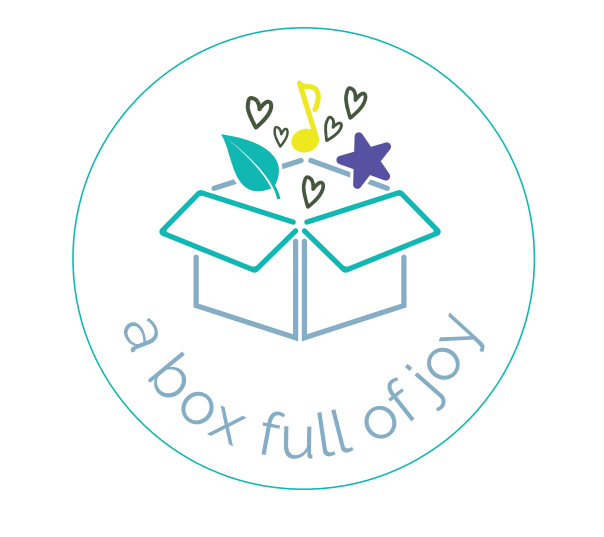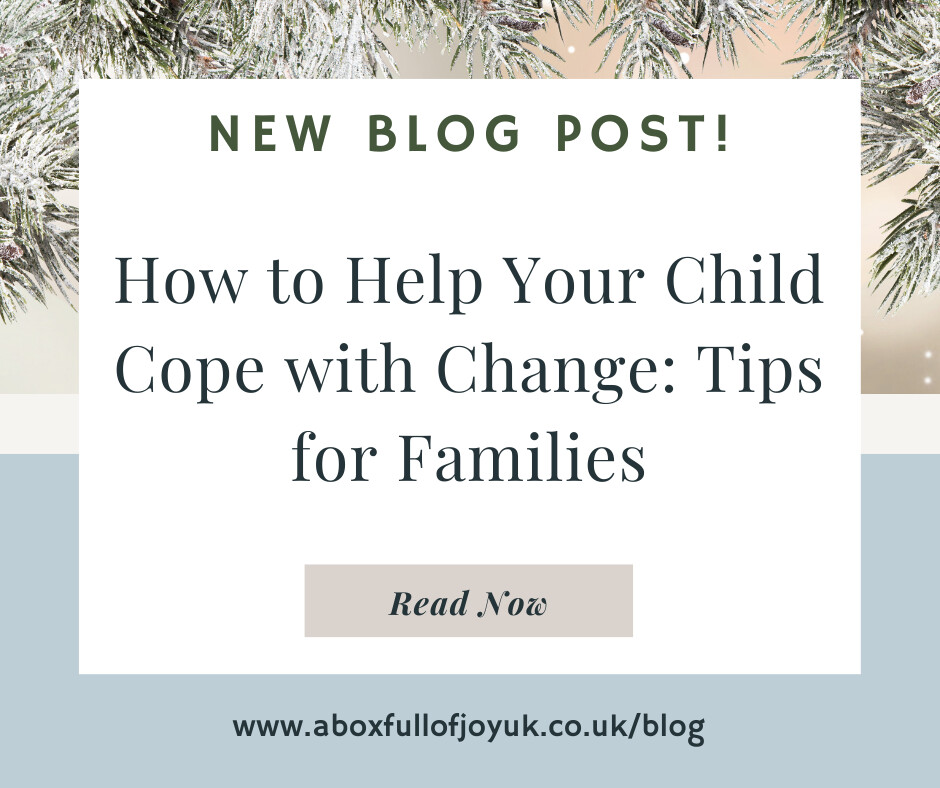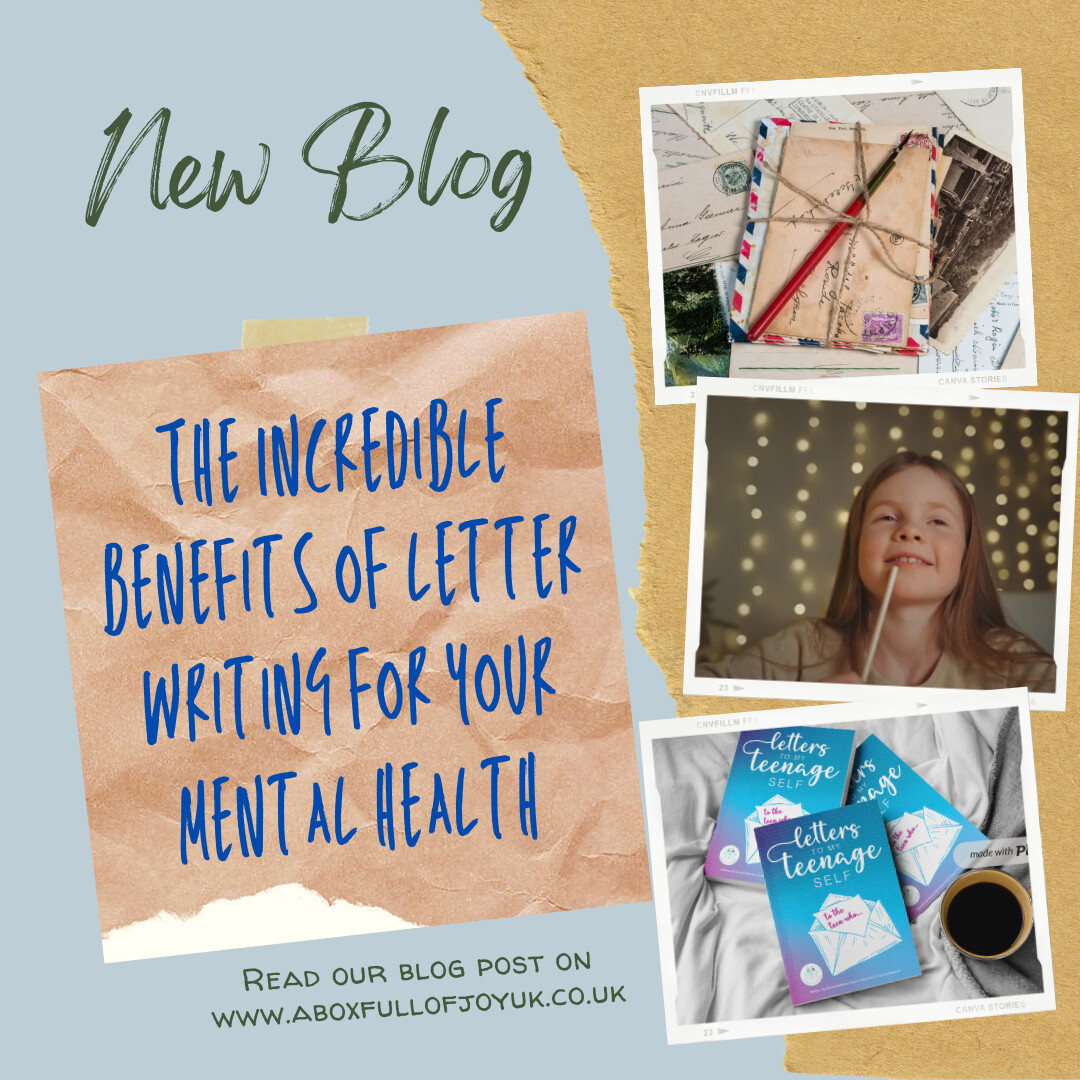
I wanted to share a special blog for Brain Awareness Week. Our brain is amazing and incredibly complex, and since my son was diagnosed with epilepsy I have been fascinated with trying to understand how the brain works (although even for best experts in the field there is still so much to discover!) I've learned some interesting things looking into neuroscience and psychology, so I thought I would share a few bits with you.
The purpose of Brain Awareness Week is to raise awareness of different brain conditions, as well as the ways in which our brain works.
Did you know?
- The human brain has 80-100 billion nerve cells, known as neurons
- Each neuron is connected to more than 1,000 other neurons, making the total number of connections in the brain around 60 trillion!
- Neurons are organized into patterns and networks within the brain and communicate with each other at incredible speeds.
- Seizures are therefore sudden, uncontrolled electrical disturbance in the brain which can cause changes in behaviour, movements, feelings, and consciousness.
Seizures are a regular part of my son’s life as he has temporal lobe epilepsy. The temporal lobe is where the limbic system, (the centre for emotions) is housed in the brain so the way that his seizures and his medication affects him, often showcases in change of mood, which is why at the beginning when he had his first few seizures, he was very, very angry and his emotions were all over the place. And it's no surprise really because actually in that part of the brain where neural connections are uncontrollably disturbed. Back in 2020 before I created the pads, and the different things to try and help him express his emotions, it was time to also investigate and look at the brain and how it works.
One key thing I came across when I was investigating the brain was that different sides of the brain are responsible for different things. To help develop skills such as resilience we have to try to engage both sides of the brain and integrate them. The right side is in charge of the emotional response and is often what reacts first in times of stress; sometimes anger, sadness, frustration when something goes wrong. The left side of the brain is responsible for more logical thinking and so in times of stress it is helpful to try and integrate that once we have acknowledged the emotion. A powerful way to do that is through storytelling.
So for example if someone has fallen over, for example, then we need to acknowledge the feelings first for example: ‘aw that must have hurt’ but then also story tell and narrate; ‘But then what happened, did Mum pick you up and give you a cuddle?’ by recounting the story it helps the left side logic to come across to the emotional right side of the brain. And if you think about it, we probably do that all the time. When as adults, we have had a hard day at work, we are overwhelmed we may want to offload to a loved one the story of our bad day! Some of us love to chat and others like to keep feelings inside but storytelling is so helpful to integrate the left and the right side of the brain.
Another thing I came across was something called neuroplasticity and thinking about how we can reframe our thoughts. And that's something you'll see on my YouTube channel or on Facebook that I talk about quite a bit (so I won’t go into full details here) and it's amazing that actually we can train and reframe our default thoughts. Default thoughts are the thoughts that we have that are our most common thoughts, potentially from childhood, that may be the constant brain loop we tell ourselves daily, for example mine is ‘I’m not good enough’. These default thoughts can make a huge impact on our da because our thoughts affect our feelings which affect our actions and affects the results of what we do today and how we feel and all of those things.
So to know how to intentionally reframe our thoughts and challenge our default thoughts and how you can mould your brain is really important. And that's something we can do with children from a young age. We can help them build their mindset and resilience and even by reframing simple things like ‘I can't do this’ by adding a simple word ‘yet’ so it is ‘I can't do this YET’. That is reframing that thought and thinking actually, yes, it might be tricky, I might not be able to do that now but actually I can, I will do it, just can't do it yet. And that gives a much more positive spin on things.
So, this Brain Awareness Week marvel at the amazingness of your brain and the intricacy of it’s creation but then also think about the people that are affected by the many different brain conditions in the world and the impact on their daily life when some of the neurons aren’t transmitting the electrical impulses as well as others. From experience of my son's epilepsy, the impact of the seizures and affect hum physically, mentally, cognitively and neurologically.
Why not chat to someone who has a condition linked to the brain and ask them about how it affects their lives daily? Let's break any stigmas that there are, and let's find out. Let's educate ourselves and let's learn more about our amazing brain.
My brother is doing an amazing challenge to raise money for Epilepsy Research UK. 4 half marathons in 4 days!! Funding vital research, especially into brain conditions is so under funded but there are amazing charities educating and researching. They need the funding, they need the money to be able to find a cure for epilepsy because there is no cure currently. And also like to provide more effective treatments as well because 24 million people who live with epilepsy live with uncontrolled seizures.
So take a moment to educate yourself about a brain condition this #brainawarenessweek and start using the full capabilities of your own brain to help build resilience through storytelling and show the world what we our amazing brains are able to achieve. If you want to find out more about our workshops and how we train children to use their brain to help combat negative thinking then join our Facebook group or take a look here.
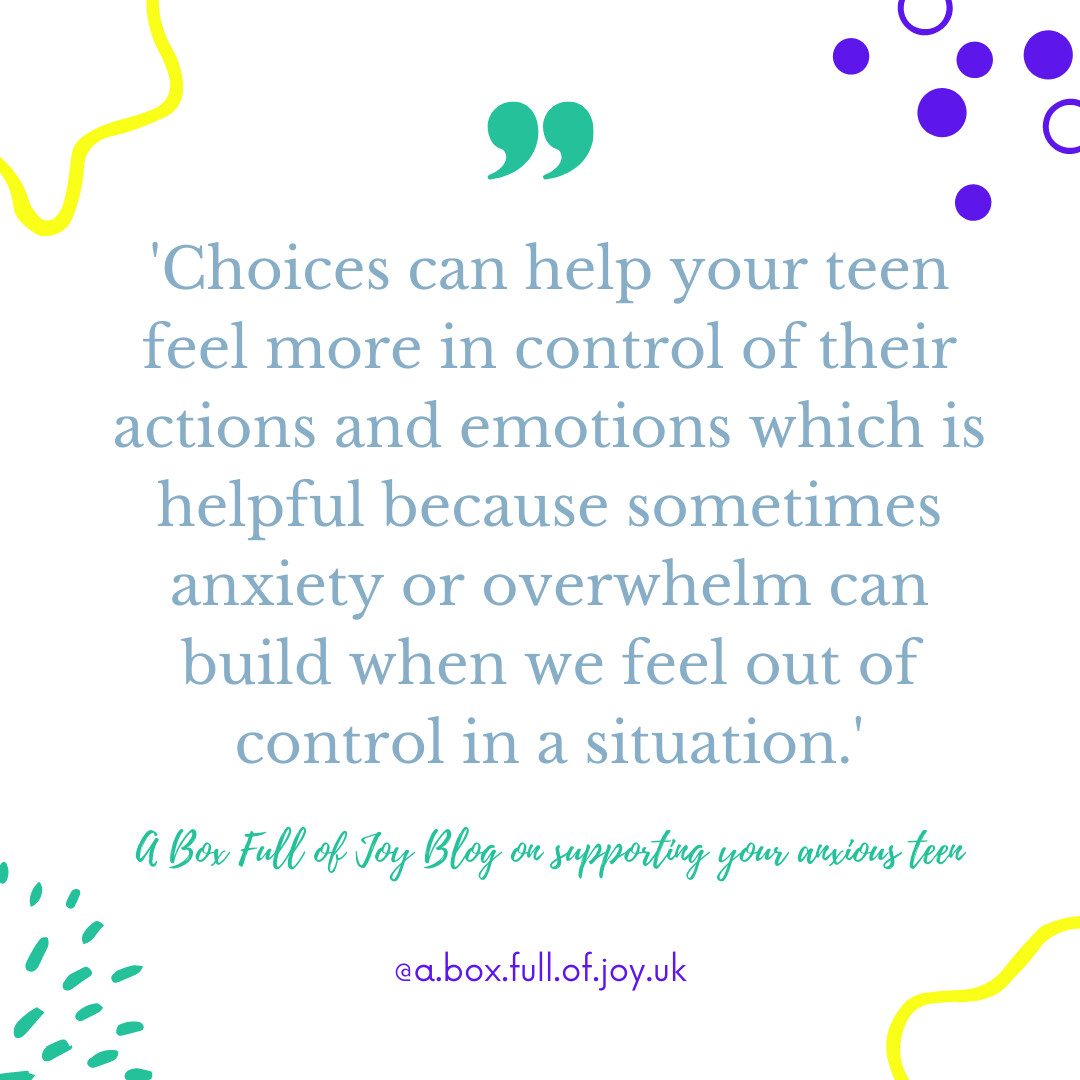
As we come to the end of #childrensmentalhealthweek I wanted to share some practical strategies that you can use to support your teen if they are feeling anxious. This week has seen a specific focus on children’s mental health but the focus needs to be on this always! With statistics like ‘409,347 under-18s were referred for specialist care in England for issues such as suicidal thoughts and self harm between April and October 2021.’ and ‘1 in 3 under 18s struggle with anxiety’ we need to care, we need to raise awareness and we need to provide early support for the children of today.
There are many different ways that you can support your teen when they are dealing with anxiety and overwhelm. Some practical strategies include:
1.Encouraging your teen to express their feelings and concerns. This can be done through talking, writing, drawing or movement. We have a variety of emotion processing pads that aid the expression of feelings and they can be found here.
2.Helping your teen develop positive coping mechanisms, such as relaxation techniques, mindfulness, and deep breathing exercises.
3.Creating a safe and supportive environment for your teen to express themselves and their feelings. This could include setting aside time each day for conversation, being present and acknowledging that everyone makes mistakes but you love them unconditionally.
4.Promoting healthy lifestyle choices, such as exercise, adequate sleep, and a good diet. I know this can sometimes be hard in reality but we can model these healthy behaviours and boundaries and bit by bit our children will pick up on what we do too.
5.Encouraging your teen to communicate their needs by making requests and empowering them by offering choices whenever possible. Choices can help your teen feel more in control of their actions and emotions which is helpful because sometimes anxiety or overwhelm can build when we feel out of control in a situation.
Every teen is different, and what works for one teen may not work for another. Therefore, it is important to explore different strategies for helping your teen manage anxiety. I share different strategies and support in my free Facebook Community so please do join here.
A powerful way I have found to help teens to develop a more positive image of themselves and to increase their self-esteem is the habit of reframing thoughts. I have a workshop here that delves into that strategy further and you can access the recording here.
If you notice a rapid decline in mood and altered behaviours that means they could harm themselves then please do contact your GP to get further support.
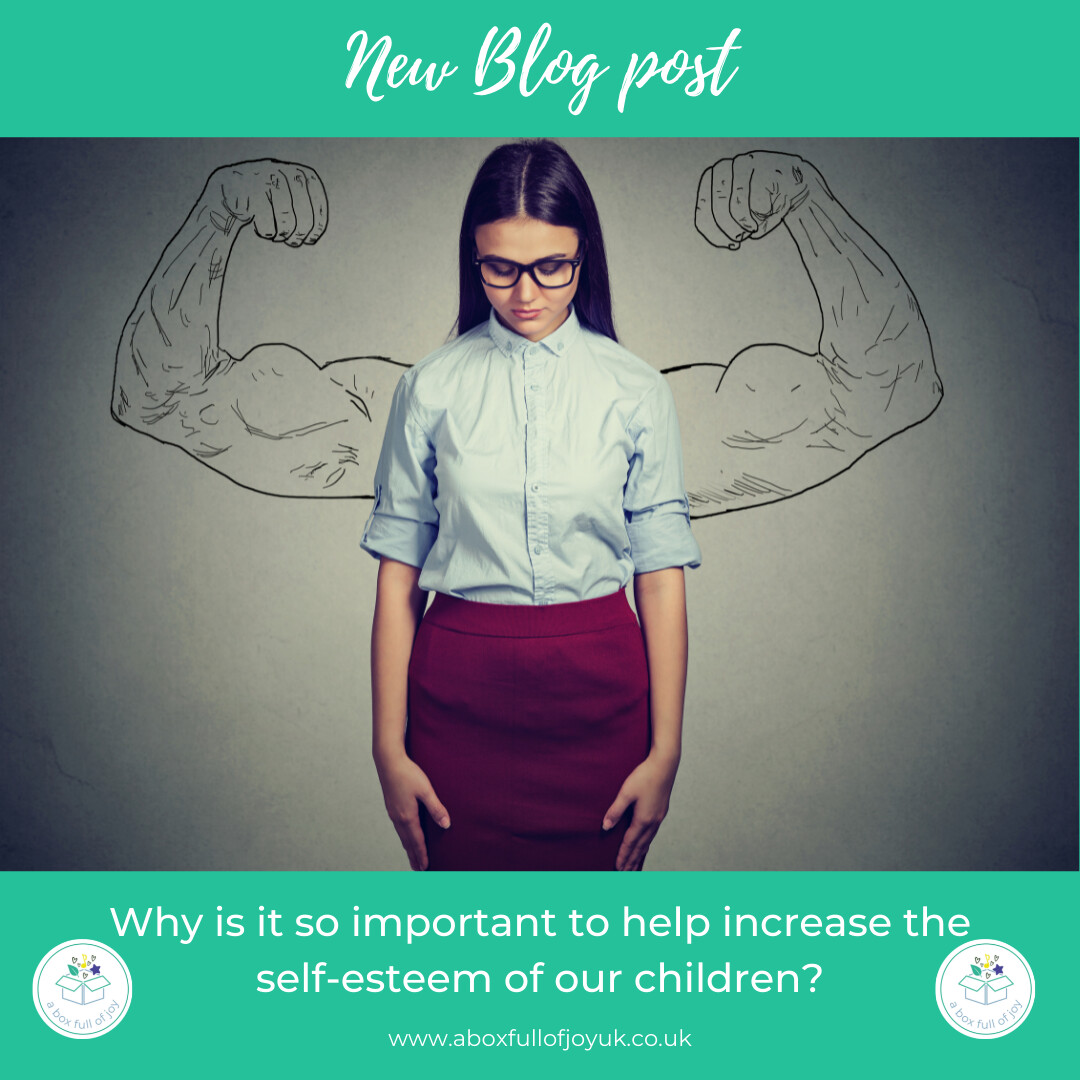
A few months ago, I listened to a talk by this amazing woman who is a brilliant and seemingly confident business women who is an advocate for girls education. She said that when she was in school, she had lost all confidence in herself and didn't believe she could do anything right. I mean, everyone has probably struggled with not feeling good enough at some point in their lives right? I know I have!
It wasn't until later in life until this women realized how much this lack of self-esteem had held her back from achieving her goals as well as how it continues to hold many young girls back today. As parents, we know how important it is to make sure our children feel good enough about themselves; but why? What's so important about helping your child or teen feel confident and happy with who they are? Read on to find out!
It wasn't until later in life until this women realized how much this lack of self-esteem had held her back from achieving her goals as well as how it continues to hold many young girls back today. As parents, we know how important it is to make sure our children feel good enough about themselves; but why? What's so important about helping your child or teen feel confident and happy with who they are? Read on to find out!
Self-esteem is confidence in one's own worth and abilities and it is vital that we create a culture that helps our kids and teens feel good enough because it will give them a strong foundation for when they grow up and face the big wide world! We know that children who have high self-esteem are more likely to be successful academically, socially and emotionally. Low self-esteem affects our moods and relationships with others and the consequences of low self-esteem can include anxiety and depression.
We can help our children and teens develop a high sense of self by listening to them, giving them the opportunity to learn new things and encouraging their interests or talents.
We can help our children and teens develop a high sense of self by listening to them, giving them the opportunity to learn new things and encouraging their interests or talents.
It is also useful to teach children techniques on how to cope with the feelings of not being good enough or low self-esteem, such as strategies to help the reframing of their negative thoughts as well as deep breathing exercises to help in times of anxiety that low self-esteem may bring.
It’s up to us as parents, educators and caregivers to help our children build their self-esteem. By providing support, encouragement and praise you can encourage your child's sense of worthiness which will lead them on the path towards success in all aspects of life! If you're still struggling with how to increase your child's self esteem or want some extra resources I invite you find out more information about my interactive workshop "Reframing negative thoughts: strategies to increase the self-esteem of your teen" by clicking here.

The weeks leading up to exams or tests can be nerve-wracking for both parents and teenagers alike. As a parent, it can be challenging to figure out how best to help your teen stay calm before exams so I thought I would share some tips on how you can help them through the process.
Throughout my teaching career the key piece of advice I gave to my students each year was to start revising and preparing early. Learning is the process of accumulating information and repetition can make the process of retrieving information more efficient. Therefore the earlier they start, the more they can repeat the information and the easier it will be to retrieve the vital information in the exam. So, the first step is for you as a parent to try and get ahead of the game by talking about the importance of studying early on with your teen, which will teach them good study habits to equip them for the years ahead.
Throughout my teaching career the key piece of advice I gave to my students each year was to start revising and preparing early. Learning is the process of accumulating information and repetition can make the process of retrieving information more efficient. Therefore the earlier they start, the more they can repeat the information and the easier it will be to retrieve the vital information in the exam. So, the first step is for you as a parent to try and get ahead of the game by talking about the importance of studying early on with your teen, which will teach them good study habits to equip them for the years ahead.
Secondly, it is really important to make sure they stay well-rested. If their body is tired, then their mind will be too and it'll make it harder to concentrate - so balance and a healthy routine that is not all revision revision revision is key.
Thirdly, keeping the atmosphere at home positive and calm is important as they may be feeling lots of pressure from school and the expectations of teachers. Therefore they need a safe space to be able to share their feelings of stress and feel understood when they feel like the weight of the world is on their shoulders.
There is often so much pressure to do well, and for teens today it can sometimes feel like their entire future hangs on these one or two exams so they heap more pressure on themselves and the cycle of stress and anxiety can occur.
Thirdly, keeping the atmosphere at home positive and calm is important as they may be feeling lots of pressure from school and the expectations of teachers. Therefore they need a safe space to be able to share their feelings of stress and feel understood when they feel like the weight of the world is on their shoulders.
There is often so much pressure to do well, and for teens today it can sometimes feel like their entire future hangs on these one or two exams so they heap more pressure on themselves and the cycle of stress and anxiety can occur.
Therefore the best way to support your teen in the lead up to exams/mocks is to make sure they have plenty of space and time to prepare and ensuring that their routine has enough relaxation built into it so that when exam stress does hit, they are well prepared with a calm headspace to tackle it.
If you would like further support then I have a 6 week programme for teens who don't feel 'good enough', have anxiety due to the pressure of expectations and are unable to study effectively to help them become more resilient, confident and calm in the face of exams. Click here to enter your details and I will be in touch so we can work together to provide the best support for your child in this challenging time. As a coach specialising in helping students develop resilience skills, I can show you how your child can achieve what they are capable of by working in partnership with you.
If you would like further support then I have a 6 week programme for teens who don't feel 'good enough', have anxiety due to the pressure of expectations and are unable to study effectively to help them become more resilient, confident and calm in the face of exams. Click here to enter your details and I will be in touch so we can work together to provide the best support for your child in this challenging time. As a coach specialising in helping students develop resilience skills, I can show you how your child can achieve what they are capable of by working in partnership with you.
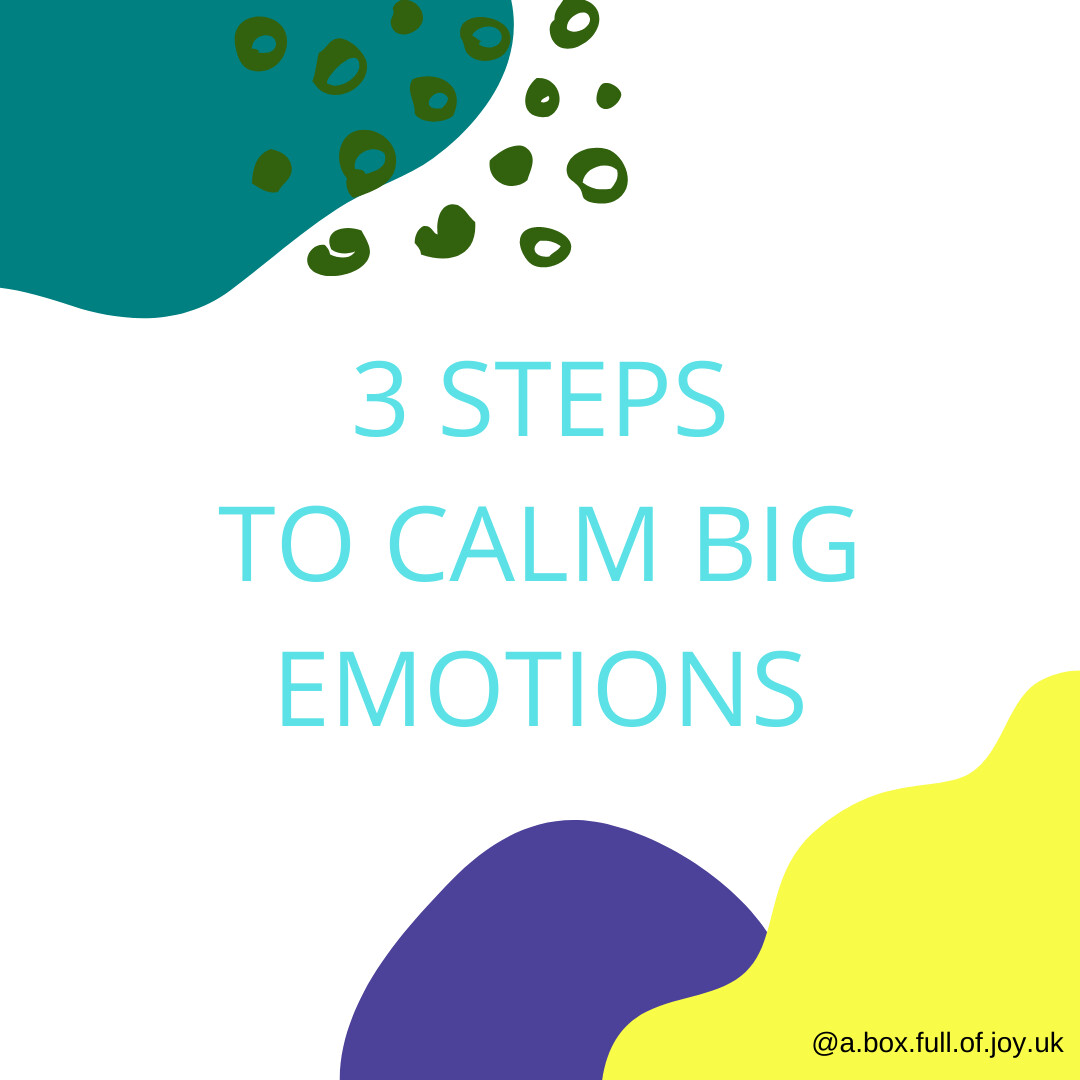
Are you tired of the constant battle of trying to deal with your child's big emotions?
Are you wanting to bring more calm into your home?
We've all been there!
We've all been there!
I've spent time trialling different strategies with my children and have found 3 steps that work! (Now don't get me wrong...I am definitely not the perfect parent and I definitely still lose my patience and some days these steps totally go out the window but hey...we are all human!)
My son particularly struggled with expressing his emotions and after he got diagnosed with epilepsy the emotions in our household were at an all time high and I felt pretty helpless!
So I decided to make it my mission to effectively support not only him but other children and parents too.
From this struggle A Box Full of Joy was born - a box of practical strategies to bring more joy and calm into the family home and I'm so excited to share that it is launch on 16th August!! (Click here to join our exclusive pre-launch group or follow us on Instagram to find out more)
Now you may be wondering, Nicole, what are these 3 steps you talk about in the title!?
Well here are the steps I've found really helpful:
Step 1: Acknowledge their feelings (instead of dismissing them...e.g. I understand you are feeling frustrated...)
Step 2: Take time to breathe (both you and your child!!)
Step 3: Connect through a fun activity together (e.g. some colouring or dancing are things we like to do as a family!)
I want to explain them fully to you so I've created a FREE PDF guide for you which will show you how that you can grab here along with two printable worksheets.
I would love to hear how you get on with the steps so drop a comment below when you've read it!
